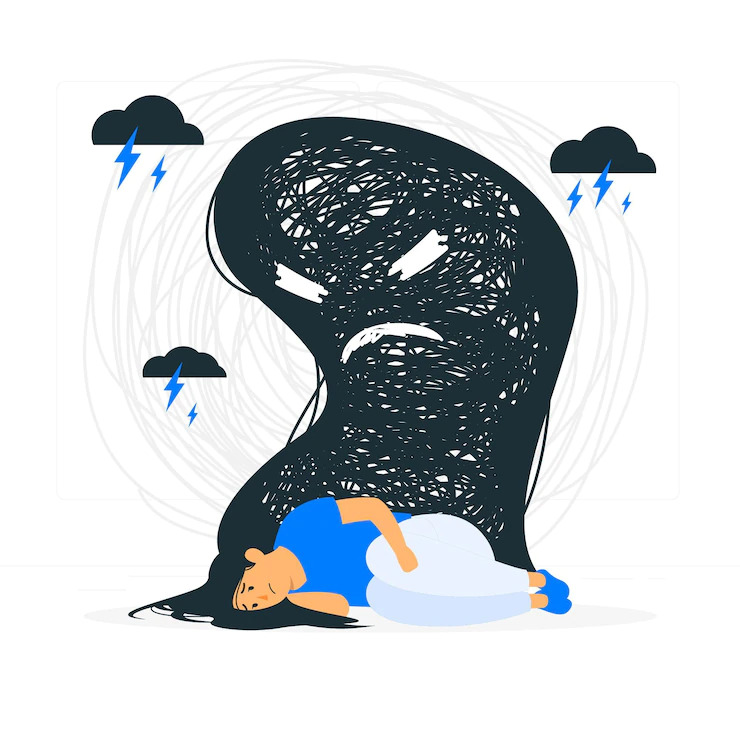Recent studies show that exercise is an all-natural remedy for depression, almost as effective as anti-depressants. According to Harvard Health, exercising protects against heart disease, diabetes, and hypertension. It also releases feel-good hormones like endorphins which help improve mood.
Low-intensity exercise sustained over time has the highest benefits for the body. This kind of activity allows for the release of proteins called neutrophils or growth factors, which cause nerve cells to grow and make new connections. The improvement in brain function makes you feel better.
In people who are depressed, neuroscientists have noticed that the hippocampus in the brain—the region that helps regulate mood—is smaller. Exercise supports nerve cell growth in the hippocampus, improving cell connections, which helps relieve depression.
The following are exercises that you may consider:
- Walking: Walking is a great way to get some daily exercise. It’s an aerobic exercise that suits almost everyone. If depression made you sedentary, start slowly and gradually increase time and distance. Set realistic goals like going for a 5-min walk.
- Running: Go for a run. When one exerts their body as they do in running, one experiences a runner’s high, which is the sense of euphoria due to the release of endorphins in the brain in response to running.
- Yoga: Practicing yoga eases symptoms of depression. “Eastern traditions such as yoga have a wonderful antidepressant effect in that they improve flexibility; involve mindfulness, which breaks up repetitive negative thoughts; increase strength; make you aware of your breathing; improve balance; and contain a meditative component,” says Norman E. Rosenthal, MD, a clinical professor of psychiatry at the Georgetown University School of Medicine in Washington, DC.
- Tai Chi: Tai chi is another Eastern Tradition that might help ease life with depression. This slow practice may help reduce stress and relieve symptoms of depression, according to a review article published in April 2019 in Frontiers in Psychiatry.
- Get a Trampoline: If you don’t seem to enjoy the aforementioned exercises, you can choose to bounce! Jumping on a mini trampoline, also known as a rebounder is a fun way to work your cardiovascular system. Bouncing is an easy way to oxygenate your brain and get some endorphins flowing. The spike of neurochemicals will give the feeling of happiness and help ease depression.
All the exercises that were mentioned before may be done in a group as well. A group class can allow us to feel a sense of autonomy and connectedness with others. You can also develop a social network in an exercise that you might not form when exercising alone.
Not only exercise, but choose to focus on having better mental habits too. It’s challenging to live with depression. So, the one person you always want on your team would be you. Be on your own team and work for yourself. Don’t chase normal. Be your own normal and do things that enable you to feel good about yourself and about your life.




